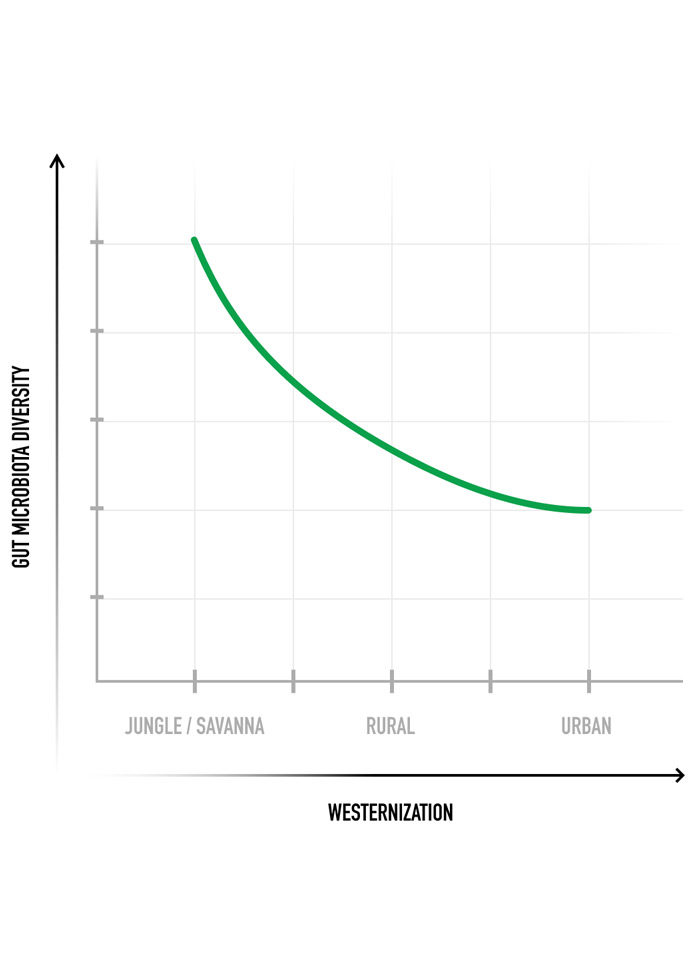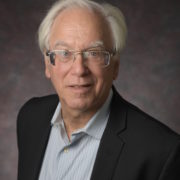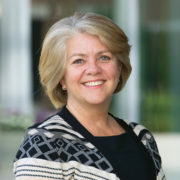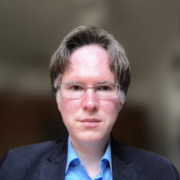Translational Philanthropy / The Microbiota Vault
Preserving the diversity of human-associated microbiota

The problem
Microbial diversity is threatened
The solution
A global ecosystem to preserve microbial diversity
Seerave Foundation is actively involved in supporting a vision to establish “The Microbiota Vault”. The Microbiota Vault, a non-profit US foundation, is examining the potential of setting up a global repository of human microbiota. This repository, a “Noah’s Ark for microbes” would focus on the preservation of the current global diversity of the human microbiota and on backing-up global research collections. A feasibility study coordinated and led by experienced and independent professionals from two Swiss science evaluation agencies “advocacy” and “EvalueScience” was published in spring 2020 (download the study here). The study explored the technical, political and legal scenarios that would make the project feasible and was co-supported by the Gebert Rüf Foundation, Calouste Gulbenkian Foundation, Rutgers University and Kiel University.
Based on the initial feasibility study, The Microbiota Vault initiative has decided to initiate the operational phase of the project in Switzerland and has designed a program for a two-year launch phase with the following objectives:
- Proof-of-principle during the launch phase, including installation of the biobanking infrastructure in Switzerland, initiating collaboration projects for sample collection with local working collections, shipping of such samples from the local working collections to the biobanking infrastructure.
- Establishment of the management capabilities to build the organization and international network, to
develop the required legal frameworks, and to drive the development at the political level.
For the execution of the launch phase, the Microbiota Vault initiative collaborates with a science team from
the University Hospital Basel, the University of Basel, University of Lausanne, ETH Zurich, and Rutgers
University.
is currently at this stage
The team
The Pioneers behind the Microbiota Vault

Martin Blaser
Board Member, Professor
Martin J. Blaser holds the Henry Rutgers Chair of the Human Microbiome and Professor of Medicine and Microbiology at the Robert Wood Johnson Medical School as well as Director of the Center for Advanced Biotechnology and Medicine at Rutgers University. A physician and microbiologist, his research has centered on the relationship of humans and bacteria, both as foes and friends. He has served as the Chair of Medicine at NYU, as President of the Infectious Diseases Society of America, and now as Chair of PACCARB (Presidential Advisory Council for Combating Antibiotic Resistant Bacteria). His award-winning book for general audiences about our changing microbiota, Missing Microbes, has been translated into 20 languages.

Maria Gloria Dominguez-Bello
President of the Board, Professor
Dr. Dominguez-Bello focuses on the microbiome development from birth, functions for the host, impact by practices that reduce microbial transmission or disrupt the microbiota, and strategies for restoration. She also studies how Westernization changes environmental microbes and human exposures, integrating the fields of anthropology and architecture/urban studies into microbial ecology.

Dominik Steiger
Managing Director
Dominik Steiger is Chief Executive Officer at EvalueScience Ltd, an independent company specialized in expert-based consulting and research in the fields of biomedicine, health, and digital health. He is coauthor of the Microbiota Vault Feasibility Study and coordinates the launch of the initiative. Dr. Steiger has done research on the molecular genetics of growth control and of metal homeostasis. He holds a PHD in natural sciences from the University of Zurich.